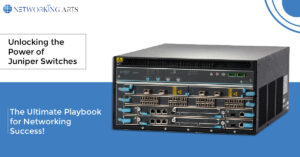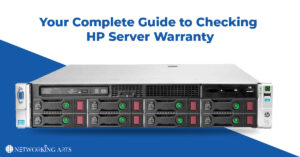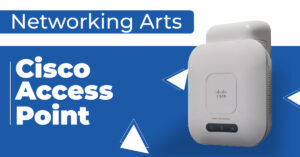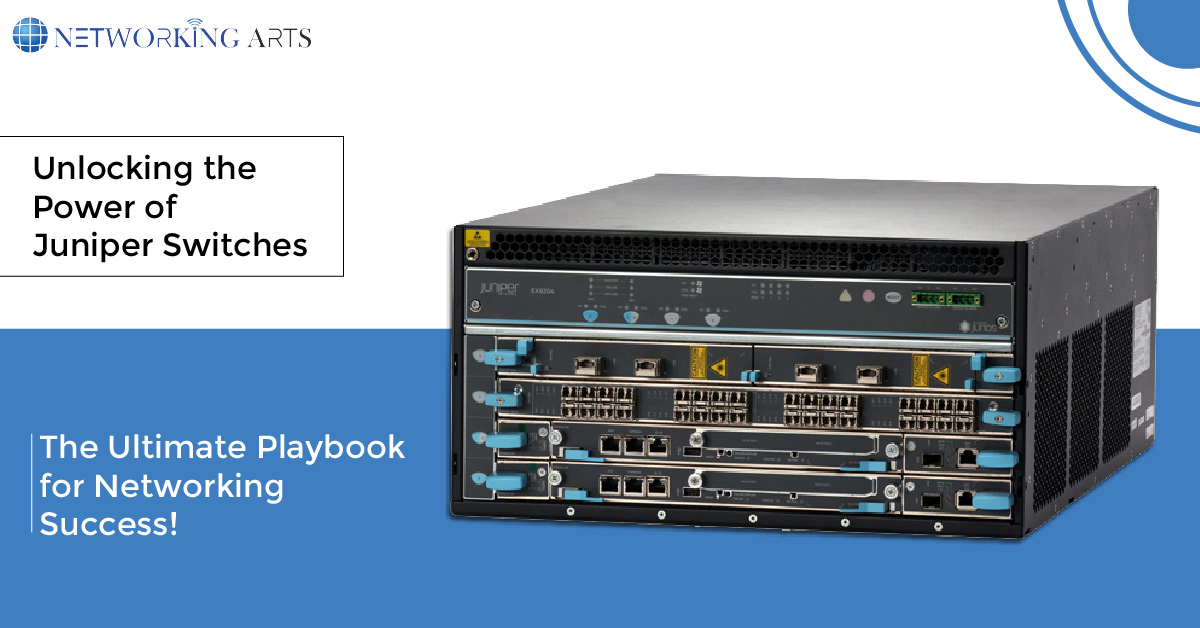As the backbone of modern communication, networking equipment plays a crucial role in connecting devices, facilitating data transfer, and ensuring that businesses and homes maintain seamless internet access. In the UK, the demand for reliable and efficient networking solutions is on the rise, fueled by the digital transformation accelerated by recent global events. This article provides an in-depth look at the types of networking equipment available in the UK, the market landscape, key players, applications, and future trends.
Types of Networking Equipment
1. Routers
Routers are the central devices in any network, responsible for directing data packets between different networks. They connect local Networking Equipment in the UK to the internet, enabling devices such as computers, smartphones, and tablets to communicate with external networks. In the UK, both consumer-grade and enterprise routers are available, offering various features, including built-in firewalls, VPN support, and advanced security protocols.
to the internet, enabling devices such as computers, smartphones, and tablets to communicate with external networks. In the UK, both consumer-grade and enterprise routers are available, offering various features, including built-in firewalls, VPN support, and advanced security protocols.
2. Switches
Switches facilitate communication within a local area network (LAN) by connecting multiple devices. Unlike routers, which manage traffic between different networks, switches allow devices within the same network to communicate efficiently. Managed switches offer advanced features like VLAN support and traffic monitoring, making them ideal for businesses that require a more robust network infrastructure.
3. Access Points (APs)
Access points extend wired networks by providing wireless connectivity. They serve as bridges between wired and wireless devices, allowing users to connect laptops, smartphones, and tablets to the network without the need for cables. In the UK, businesses often deploy multiple access points to create a seamless wireless environment, especially in large spaces like offices and educational institutions.
4. Modems
Modems are essential for connecting a network to the internet service provider (ISP). They convert digital data from a network into analog signals for transmission over telephone lines or cable systems. In the UK, cable modems are common for broadband connections, while DSL modems are used for digital subscriber line services.
5. Firewalls
Firewalls are security devices that monitor and control incoming and outgoing network traffic based on predetermined security rules. They serve as a barrier between a trusted internal network and untrusted external networks. In the UK, businesses increasingly invest in next-generation firewalls that provide advanced threat detection, intrusion prevention, and comprehensive visibility into network activity.
6. Network Attached Storage (NAS)
NAS devices are dedicated file storage systems connected to a network, allowing multiple users to access and share data. They are particularly valuable for businesses and creative professionals who need centralized storage solutions for collaborative work. In the UK, NAS solutions are gaining popularity as companies seek efficient ways to manage data storage and backups.
7. Repeaters and Extenders
Repeaters and extenders are used to boost the signal strength of wireless networks, improving connectivity in larger areas. They are especially useful in homes or offices with thick walls or multiple floors, where Wi-Fi signals may struggle to reach. In the UK, many homeowners utilize extenders to enhance their home networks, ensuring consistent connectivity throughout the property.
The UK Networking Market
Current Landscape
The networking equipment market in the UK is robust and continually evolving. Factors driving this growth include the increasing demand for high-speed internet, the proliferation of smart devices, and the need for reliable connectivity in both personal and professional environments. The shift toward remote work has further accelerated the need for improved networking solutions, prompting businesses to upgrade their infrastructure.

Key Manufacturers
Several manufacturers dominate the Networking Equipment in the UK landscape, each offering a diverse range of products and solutions:
- Cisco Systems: A global leader in networking, Cisco provides a wide array of products, including routers, switches, and security solutions tailored for businesses of all sizes. Their advanced technologies are widely adopted in enterprise environments.
- Juniper Networks: Known for its high-performance networking solutions, Juniper specializes in routers and switches that cater to large organizations and service providers, offering scalability and reliability.
- Aruba Networks: A subsidiary of Hewlett Packard Enterprise, Aruba focuses on wireless networking solutions. Their products, including access points and management tools, are recognized for innovation and performance.
- TP-Link: A popular choice among consumers and small businesses, TP-Link offers affordable networking equipment, such as routers, switches, and extenders, making it accessible for everyday users.
- Netgear: Known for its user-friendly products, Netgear provides a range of networking solutions, including routers and NAS devices, that cater to home and small office environments.
Applications of Networking Equipment
Home Networking
In residential settings, Networking Equipment in the UK is essential for connecting multiple devices to the internet. With the increasing number of smart home devices—like smart speakers, security cameras, and thermostats—having a robust home network is vital. Home routers often come with features like guest networks, parental controls, and QoS (Quality of Service) settings to optimize performance.
Business Networking
For businesses, a solid networking infrastructure is crucial for daily operations. Companies rely on reliable routers, switches, and firewalls to ensure secure and efficient data transfer. Managed network solutions provide scalability and flexibility, allowing organizations to adapt their networks as their needs change. Collaboration tools and cloud services also require dependable networking equipment to function optimally.
Educational Institutions
Educational institutions are increasingly adopting digital learning environments, necessitating reliable networking equipment. Schools and universities need robust access points and switches to provide connectivity for students and staff. This connectivity facilitates access to online resources, collaborative tools, and distance learning platforms.
Public Sector
Government agencies and public institutions rely heavily on networking equipment for secure communication and data sharing. High-performance routers and firewalls are essential for protecting sensitive information and ensuring compliance with data protection regulations, particularly given the increasing threats of cybercrime.

Future Trends in Networking Equipment
1. The Rise of 5G
The rollout of 5G technology is poised to revolutionize networking in the UK. With faster speeds, lower latency, and increased capacity, 5G will enhance mobile connectivity and enable new applications, such as augmented reality (AR) and virtual reality (VR). Networking equipment will need to adapt to support this new technology, creating opportunities for innovation.
2. Increased Focus on Cybersecurity
As cyber threats become more sophisticated, the demand for advanced security solutions continues to grow. Networking equipment manufacturers are integrating security features such as AI-driven threat detection and automated response capabilities into their products. This trend emphasizes the importance of cybersecurity in the design and deployment of networking solutions.
3. Adoption of SD-WAN
Software-Defined Wide Area Networking (SD-WAN) is gaining traction among businesses looking to optimize network performance and reduce costs. This technology enables organizations to manage their WANs more effectively, providing greater flexibility and control over data traffic. The shift towards remote work has further accelerated the adoption of SD-WAN solutions.
4. IoT Integration
The proliferation of Internet of Things (IoT) devices is driving demand for networking equipment capable of handling increased data traffic and connectivity requirements. Manufacturers are developing solutions specifically tailored for IoT applications, including low-power, wide-area networking (LPWAN) technologies, which are essential for supporting smart cities, industrial automation, and more.
5. Sustainability Initiatives
With growing concerns about environmental impact, networking equipment manufacturers are focusing on sustainability. This includes designing energy-efficient devices and adopting practices that minimize waste and resource consumption. As businesses and consumers become more environmentally conscious, the demand for sustainable networking solutions is likely to increase.
Conclusion
Networking Equipment in the UK is a critical component of the digital landscape in the UK, underpinning everything from home internet access to complex business networks. As technology continues to evolve, understanding the types of equipment available, the key players in the market, and the emerging trends is essential for individuals and organizations looking to optimize their networking capabilities. With the right equipment and strategies in place, users can navigate the increasingly connected world with confidence, ensuring efficient communication and collaboration across all platforms. The future of networking in the UK promises exciting developments, driven by innovation and a commitment to security and sustainability.

